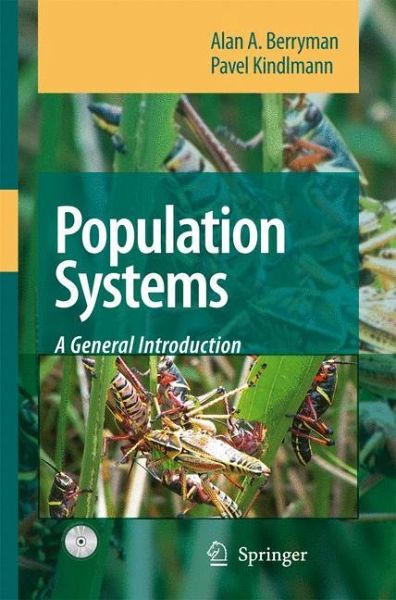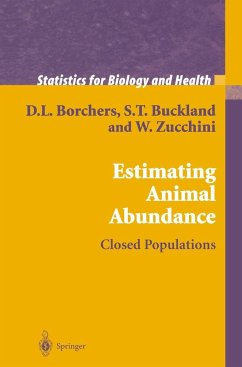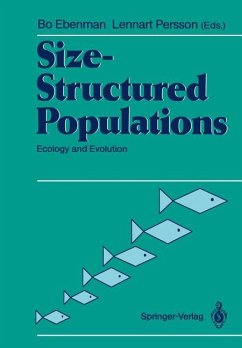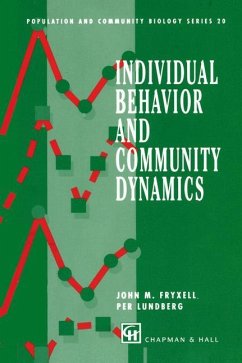
Population Systems
A General Introduction
Versandkostenfrei!
Versandfertig in 6-10 Tagen
42,99 €
inkl. MwSt.
Weitere Ausgaben:

PAYBACK Punkte
21 °P sammeln!
I had taught courses in applied ecology, population dynamics, and population management for many years and, like many of my colleagues, had grown acc- tomed to the blank stares of my students as we wove our way through the confused semantics and intricate concepts of traditional ecology and wrestled with elaborate mathematical arguments. I searched in vain for a central unifying concept on which to organize a theory of population ecology until, 30 years ago, I read a small book of essays edited by John Milsum of McGill University entitled Positive Feedback - A General Systems Approach to Posit...
I had taught courses in applied ecology, population dynamics, and population management for many years and, like many of my colleagues, had grown acc- tomed to the blank stares of my students as we wove our way through the confused semantics and intricate concepts of traditional ecology and wrestled with elaborate mathematical arguments. I searched in vain for a central unifying concept on which to organize a theory of population ecology until, 30 years ago, I read a small book of essays edited by John Milsum of McGill University entitled Positive Feedback - A General Systems Approach to Positive/Negative Feedback and Mutual Causality. Stimulated by the articles in this book, particularly those written by Milsum, M. Maruyama, and A. Rapoport, I began to structure my lectures around the central ideas of general systems theory. I first used this approach in my graduate courses in population dynamics and population management and then, encouraged by the results, in my undergraduate course in forest entomology and to teach population dynamics to practicing foresters. Almost without exception, my students found the general systems approach intuitively reasonable and easier to understand than traditional teaching methods. Even undergraduates seem to grasp the fundamental principles quite rapidly and, more important, to realize that a general understanding of population systems is an essential part of their education. These reactions by my students, and their continued encouragement, led me to write this book.














